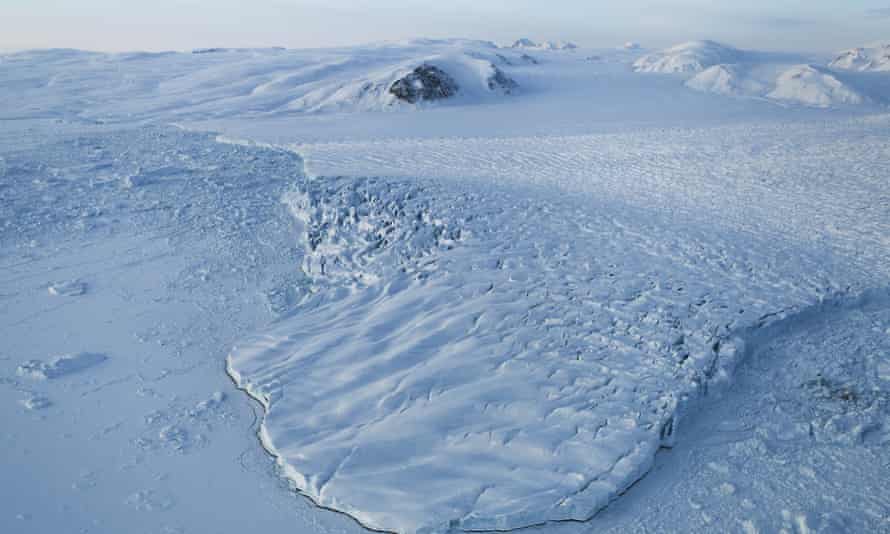Weatherwatch: the impact of Arctic cyclones on sea ice
A study has found that stronger and more frequent Arctic cyclones may be contributing to declining sea ice

Who cares what the weather is like over the Arctic Ocean? Does anyone notice if a storm sweeps across the ice fields of the East Siberian Sea? You might not feel the wind rush past your face, but the influence of Arctic weather is far reaching. So the news that Arctic cyclones are getting stronger and more frequent is concerning.
Elina Valkonen, from the University of Colorado, and colleagues analysed sea-ice cover and cyclones over the Arctic Ocean between 1979 and 2015. Sea ice has declined over this time period, while Arctic cyclones have become more frequent and possibly more intense. Studying the timing and location of the cyclones revealed that the strongest winter cyclones occurred during the seasons with lowest sea-ice cover, suggesting that larger areas of open water help more intense cyclones to spin up.
But the relationship between sea ice and cyclones goes both ways, with the findings, published in the Journal of Geophysical Research: Atmospheres, showing that years with low sea-ice cover were often preceded by above average numbers of winter cyclones. Increased cloudiness associated with winter cyclones helps to reduce ice growth, while strong winds can break the ice pack apart. It might be far away, but Arctic weather has consequences for us all.